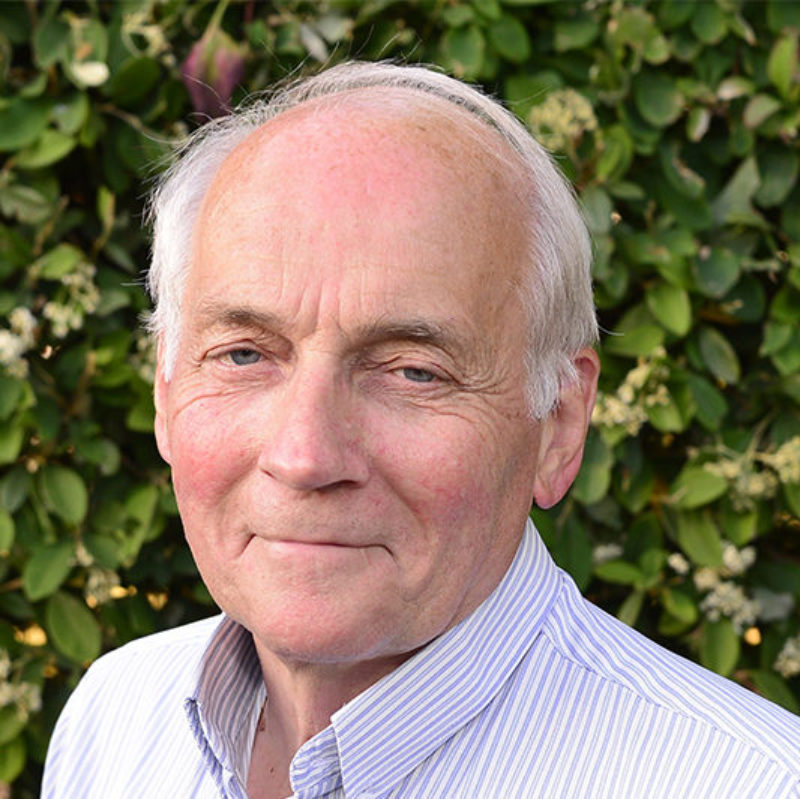Banbury, Chipping Norton & North Oxfordshire Labour Party Labour party for the Banbury constituency, which also includes Chipping Norton, Charlbury and the villages of North Oxfordshire.

It’s no secret that Social Care has been neglected, impoverished, downgraded and almost destroyed by a combination of cuts and privatisation. The current system resembles the means and needs testing of the Victorian Poor Law with its workhouse associations.
The welfare state sought to abolish this approach but recently, Governments have avoided long term solutions while _running the system down. It seems easier to let down the fast-growing numbers of older and disabled people needing support rather than fix things in a way that benefits them, their families and society as a whole.
Funding for Social Care, both inadequate and confusing, appears broken beyond repair. Since 2010, austerity has cut funding to local government by 10 per cent per annum and cuts to Adult Social Care have been huge. In 2009, Adult Social Care spending was £14.7 billion supporting 1.8 million people.
Today spending is exactly the same in money, but only supports one million people; the equivalent in today’s prices to a cut of £6.3 billion. In Oxfordshire, Adult Social Care spending in 2009 was £221m supporting 17,000 people, but this year spending will be £184 million, supporting less than 8,000 people; equivalent to a cut in real terms of 35 per cent.
And these cuts are incredibly inefficient. In 2009, the average level of funding per person was £13,000. Today the average spend per person is £23,000, a 75 per cent reduction in efficiency.
Savings have been made by eliminating low cost, community-based and preventive support as it’s much harder to make savings in residential or institutional services.
Cuts have also been achieved by limiting eligibility, charges and means-testing, outsourcing (generally regarded a failure), and pushing wages of care workers down to levels requiring state subsidy (now also being reduced). Little wonder the quality of care provided has declined rapidly too.
The largest group receiving Social Care (disabled people over 65), is often lazily labelled ‘the elderly’ by both politicians and the media alike, marginalising their human rights and setting expectations very low. But other vulnerable groups require Social Care, including families needing help due to domestic violence and poverty, adults with learning difficulties, autism or mental health problems, people with physical impairments or chronic illnesses, and those marginalised through homelessness, discrimination or addiction.
In Bicester, like other services towns, these groups frequently include services veterans, who can be especially vulnerable. People needing Social Care should expect the highest level of support and be able to exercise their human rights in the same way as every other citizen, whatever their age. Progressive taxation, on which the welfare state was established in 1948, has been eroded, but now is a good time to restore its principles. There is no reason why a new Social Care system can’t be funded on the same principles as the NHS. Paying our taxes is the way we show our commitment to one another as fellow citizens. It creates a system of mutual security and should be a matter of pride.
And we shouldn’t be afraid to say so. Why not follow Australia’s lead, where a new system of Social Care required a 50 per cent increase in funding? It was widely supported and the tax increases required were very popular, because people believed they were fair and that every Australian would benefit from a new, non-means tested and properly funded system to meet needs shared by everyone.
